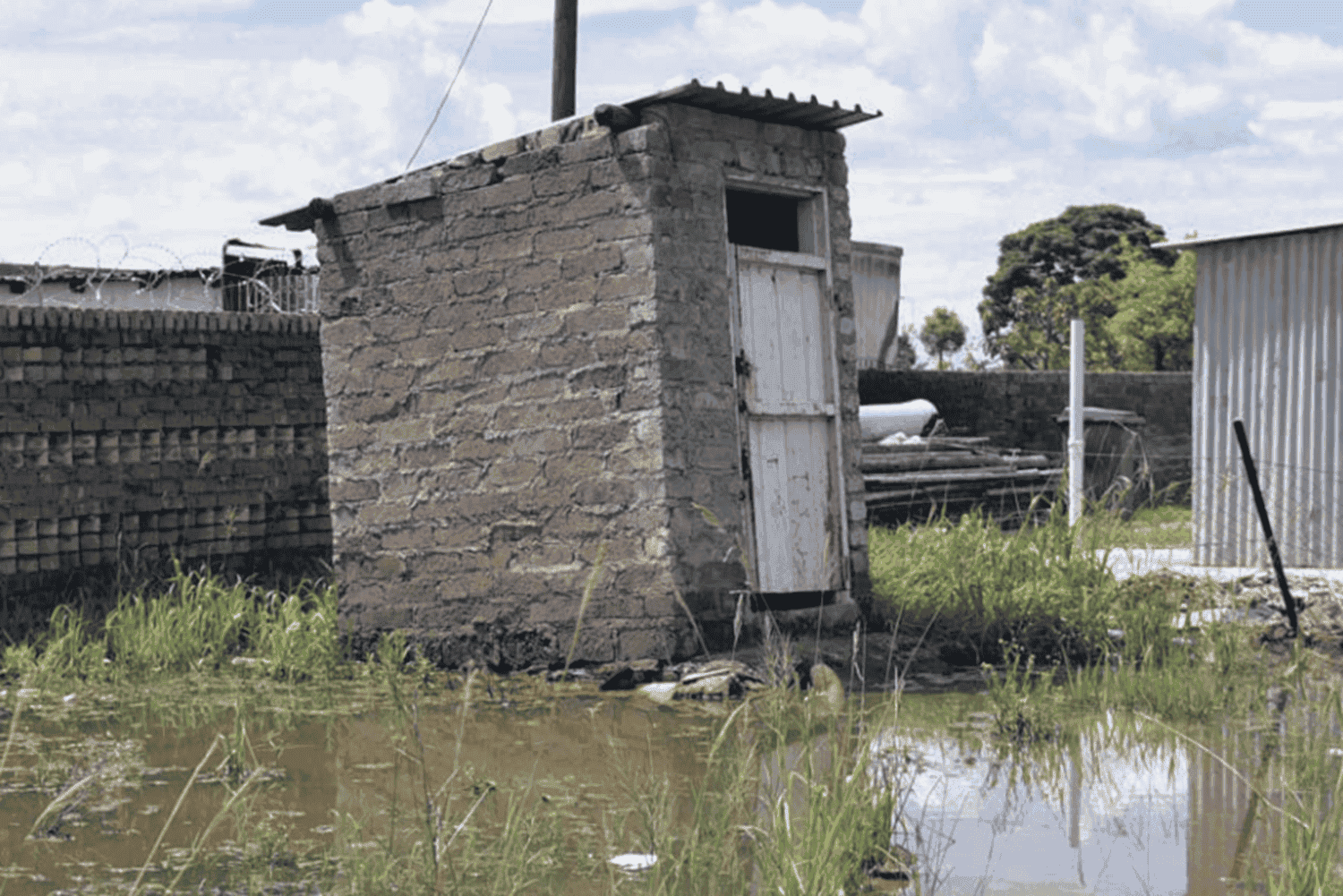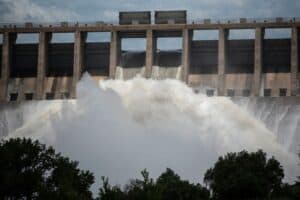The Bucket Eradication Programme was first announced in 2016 and projects to rid eight towns of bucket toilets are still underway.

The Department of Water and Sanitation (DWS) is still working through its bucket toilet backlog, with some areas unlikely to be complete before early 2027.
Eight towns — predominantly in the Free State — have projects underway to eradicate a total of 10 700 bucket toilets.
According to the department, the projects are at various stages of completion but have encountered several problems since work began.
10 000 toilets by 2026
Minister of Water and Sanitation Pemmy Majondina revealed the status of the projects and the reasons for delays in a recent written response to a parliamentary question.
The projects fall under the Bucket Eradication Programme (BEP), which focuses on informal toilets in the North West, Northern Cape, Eastern Cape and Free State.
Projects in the Setsoto Local Municipality towns of Senekal, Ficksburg and Clocolan are at 83%, 78% and 82%.
The work to remove just over 6000 bucket toilets is set to be complete by March 2026, but DWS states that hard rock found during trench excavations slowed work and led to equipment failures.
DWS’s in-house construction unit took over projects in Reitz and Mamafubedu in the Nketoana Local Municipality after the contractor was removed. However, no targeted completion date was disclosed.
Also in Nketoana, the removal of 1 192 toilets in Arlington is 84% complete, with the department expecting the work to be completed by the end of October.
The same deadline is set for a 1279-toilet project in Dealesville where the department is 94% complete.
In Campbell in the Northern Cape, a project to remove 596 bucket toilets sits at 0% completion, as the budget was required to be split over two financial years.
Problems on site
In addition to the reasons given for the Setsoto delays, the department listed seven other reasons for project delays.
In Senekal and Arlington, the expropriation of privately owned land was cited as creating a lengthy delay.
Excessive rain in the first three months of 2025 slowed progress, as did the discovery of high water tables at all projects.
Cash flow challenges were repeatedly reported by contractors, design challenges were encountered mid-construction, and stoppages have occurred due to labour disputes.
Additionally, municipalities have been slow to issue wayleaves and identify servitudes.
‘Not properly planned’
Majondina’s response stated that the original aims of the project did not align with the reality on the ground, as bulk water services were not present to service the new toilets.
“The programme was not properly planned at its inception and detailed feasibility studies for implementing water-borne sanitation were not done,” stated the minister.
Majondina added that project support was now being provided to contractors through the department’s engineering unit.
“The department is actively monitoring the BEP projects through the supervision of a resident engineer stationed permanently on site per project as well as monthly site progress meetings to ensure that any challenges that arise are attended to expeditiously,” she concluded.
NOW READ: SAHRC urges government to accelerate eradication of pit latrines and bucket toilets






